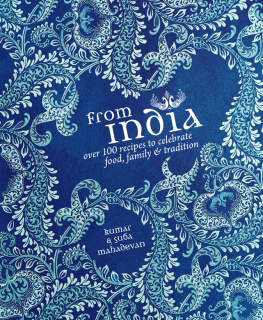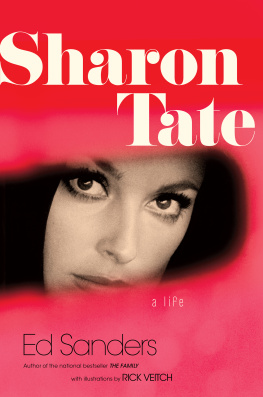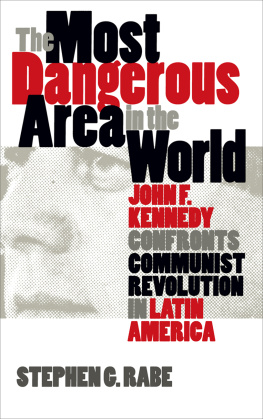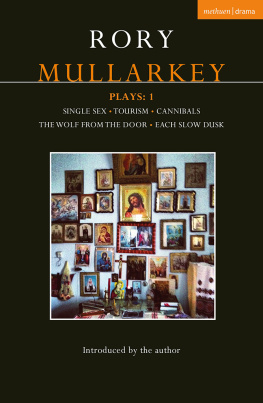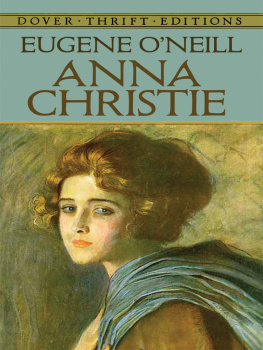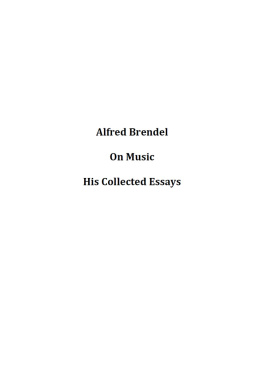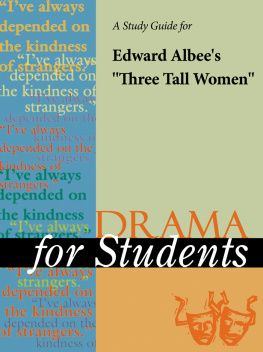HURLYBURLY
and
THOSE THE RIVER KEEPS
Two Plays by
DAVID RABE

Preface copyright 1995 by David Rabe
Those the River Keeps copyright 1995 by Ralako Corporation
Hurlyburly copyright 1985, 1987, 1989 by Ralako Corporation
All rights reserved. No part of this book may be reproduced in any form or by any electronic or mechanical means, or the facilitation thereof, including information storage and retrieval systems, without permission in writing from the publisher, except by a reviewer, who may quote brief passages in a review. Any members of educational institutions wishing to photocopy part or all of the work for classroom use, or publishers who would like to obtain permission to include the work in an anthology, should send their inquiries to Grove/Atlantic, Inc., 841 Broadway, New York, NY 10003.
CAUTION: Professionals and amateurs are hereby warned that Those the River Keeps and Hurlyburly are subject to a royalty. It is fully protected under the copyright laws of the United States, Canada, United Kingdom, and all British Commonwealth countries, and all countries covered by the International Copyright Union, the Pan-American Copyright Convention, and the Universal Copyright Convention. All rights, including professional, amateur, motion picture, recitation, public reading, radio broadcasting, television, video or sound taping, all other forms of mechanical or electronic reproduction, such as information storage and retrieval systems and photocopying, and rights of translation into foreign languages, are strictly reserved.
First-class professional, stock, and amateur applications for permission to perform them, and those other rights stated above, must be made in advance to The Tantleff Office, 375 Greenwich Street, Suite 700, New York, NY 10013.
Published simultaneously in Canada
Printed in the United States of America
Library of Congress Cataloging-in-Publication Data
Rabe, David
Hurlyburly; and, Those the river keeps:
Two plays / David Rabe.
eBook ISBN-13: 978-0-8021-9693-4
I. Rabe, David. Hurlyburly. II. Title. III.Title: Those the river keeps.
IV. Title: Hurlyburly. V. Title: Hurlyburly; and, Those the river keeps.
PS3568.A23T48 1995 812'54dc20 94-39497
Grove Press
an imprint of Grove/Atlantic, Inc.
841 Broadway
New York, NY 10003
Distributed by Publishers Group West
www.groveatlantic.com
CONTENTS
PREFACE
An introduction to these two plays will inevitably turn out to be a short account of a long history. While the Afterword, written originally to accompany the publication of Hur-lyburly, is a dogged and circuitous pursuit of ideas that seemed buried in that text, this introduction will follow a simpler course.
The aftermath of Hurlyburly on Broadway left me dissatisfied in many ways, and one of the consequences was that I found myself continuing to think about the characters. My inability to leave them behind was at least partly due to the distorted value system that the Broadway production imposed upon the material. (For a lucid and, in my view, accurate expression of the plays real nature, see chapter 5 in Taking Center Stage: Feminism in Contemporary U.S. Drama by Janet Brown.) But there was more to it. Something in the character Phil refused to accept that his story had been told. Phil and his wife, Susie, an offstage character in Hurlyburly, intrigued me. Our knowledge of her came solely from Phils remarks about her and the inferences we could draw from those remarks. He loved her and needed hercouldnt live without her. She wanted a baby desperately. As testimony to the depth and sincerity of her need to have a baby, he reported how as a child she had put diapers on a teddy bear and that presently, as an adult, she was doing it again.
The idea of two such stunted, confused people full of infantile feelings and urges having a baby, becoming parents, cast a strong line of appeal toward me. It seemed a paradigm in which to study the power struggle that characterizes most male-female relationships, while at the same time it might throw some light on the rampant plague of distorted parenting that seems present everywhere. The most efficient, far-reaching, insidious, and corrosive power struggles are those conducted over an object that lacks any traceable connection to power. Ah, the sweet little baby. Its a stock fantasy that infants produce in their progenitors the automatic impulses of affection and an elevating, protecting love. A lot more than the accepted, approved clichs can arrive with the birth of a child. The dark can prove as summoned by innocence as the light.
I was also doing a lot of thinking at the time about those seemingly aberrant and anomalous events that dismay us with increasing frequency as savagery bursts without apparent logic from the level land of the normal. How could such a thing happen? we say. The father butchering his entire family. The altar boy turned cannibal. The lover who kills his beloved. The mother who drowns her infant. How could such things happen?
From somewhere within these concerns, I went to work on Those the River Keeps. Hurlyburly had established the fact that Phil had been in prison. Id assumed at the time of that writing that his crime was burglary or robbery, perhaps. But what if hed lied and it was more? What if hed been involved in a killing? Not that hed gone to prison for a killingthat wouldnt work, because it must be a secret. Something hidden. Something wiped from existence. Almost. What if hed lied to himself and to Susie and to me? Id picked up information regarding an underworld practice of slicing the belly of a murder victim so that the body, disposed in the river, would sink and never rise. Bodies surface because of the gases that form in the decomposing gut. The gash, like a prick in a balloon, eliminates the chance for any ascendency from the deep dark of the water to which the corpse had been consigned. In my view the past, with its legacy of wounds, was the thing from which so many people struggled to escape. The past was the river, and some people, though they might fight to the surface, were drawn back before they could reach the shore. They arrived too tired to climb out, or at a landscape too steep to scale. The river kept them, I thought, the unacknowledged, distorted, crippled past concealing a population of corpses buried alive inside so many of us, wounded terribly. Perhaps this denied specter was the source of the inexplicable eruptions of violence in our neighbors, as they exploded, turning into soulless phantoms who seemed different from us somehow, different even from themselves.
It seemed as I started to work on the play then, that maybe I had the necessary elements: a secret history, unknown and unacknowledged, two people locked in a symbiotic struggle whose real terms were hidden from them boththe unborn child desired of ignorance to satisfy ignorance. I was curious to take two such people, Phil and Susie, both blind and in denial about their real motives, and see how far denial and yearning could carry them, how powerful a collision course could be initiated, and how the inevitable disaster might be delayedsome momentary respite granted, though it would be rescinded in the later play. With Phil, I had someone capable of one of those anomalous and inexplicable outbursts, funded and detonated by the unacknowledged elements of a denied and festering past of which he is no longer consciously aware. I wanted to see how that would work. Large sections of the text would necessarily be devoted to what wasnt true, while the crucial and explosive facts on which the narrative and drama were being formed might receive only a line or two. And even this brief expression would be met with a repressive attack and a flight, as they circled closer and closer to what they refused to admit. The key developments would have to occur on oblique and indirect trajectories without the characters knowing that the moment had weight, significancethough that weight might be bearing down on them and compelling them toward disaster or salvation. It was a difficult dramatic task but one that seemed to me capable of illuminating much of the machinery of the contemporary mind. In other words, two people full of yearning, and longing for love, would be seen struggling over the issue of whether or not having a baby expressed that love or subverted it. Phils lifelong dream would be that the undiluted love of a woman could nurture him; fill him up somehow; redeem him somehow; perhaps even save him? Susies lifelong yearning would be for the accomplishment of a baby, the love of a dream family. Or the dream of a loving family. For his hopes, he needed her. For hers, she needed him. But his aims undermined hers, while her hopes threatened to exclude him. Fantasy, fantasy, fantasy. Should we want a baby to be born to such a deluded pair? Babies are born to such people every day. Would one be born in this play? How should we feel about that? The one fact that was clear from the plot of






